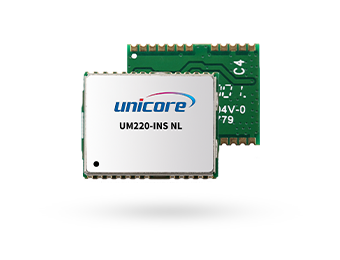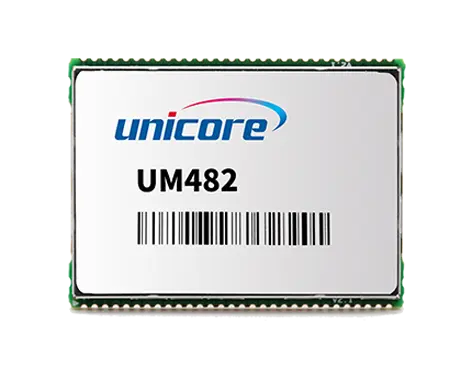In today's fast-paced world, intelligent vehicle navigation systems have become an essential part of modern transportation. These systems heavily rely on Global Navigation Satellite System (GNSS) modules to provide real-time precision and accurate positioning for a seamless navigation experience. In this blog post, we will explore the significant impact of GNSS modules in revolutionizing intelligent vehicle navigation.
The Functionality of GNSS Modules in Intelligent Vehicle Navigation
GNSS modules play a crucial role in intelligent vehicle navigation systems by enabling precise positioning and accurate time synchronization. These modules receive signals from multiple satellites to determine the exact location of a vehicle. With this information, vehicle navigation systems can provide drivers with turn-by-turn directions, traffic updates, and various other crucial information for a safe and efficient journey.
Enhanced Safety and Reliability
The integration of GNSS modules in intelligent vehicle navigation systems enhances both safety and reliability. These modules enable accurate real-time positioning, which aids in advanced driver assistance systems (ADAS) such as collision avoidance and lane departure warnings.
Improved Efficiency and Traffic Management
GNSS modules contribute significantly to improving overall efficiency and traffic management. Intelligent vehicle navigation systems equipped with GNSS modules can provide alternative routes based on real-time traffic data, ultimately leading to a smoother and more efficient transportation network.
Future Advancements and Integration Possibilities
The future of intelligent vehicle navigation relies heavily on further advancements in GNSS technology. As the demand for improved positioning accuracy grows, GNSS modules are expected to evolve accordingly. These advancements may include the integration of high-precision navigation systems.
Furthermore, the integration of GNSS modules with other emerging technologies like Artificial Intelligence (AI) and Machine Learning (ML) holds immense potential. This combination can enable more autonomous and intelligent vehicle navigation, capable of adapting to ever-changing road conditions and user preferences.
In conclusion, GNSS modules have propelled autonomous vehicle navigation systems to unprecedented levels of real-time precision and accuracy. This technology has revolutionized the way we navigate, not only improving safety and reliability but also enhancing efficiency and traffic management. As we move forward, further advancements in GNSS modules and their integration with other cutting-edge technologies will continue to shape the future of intelligent vehicle navigation. The possibilities are endless, and the benefits for both drivers and society as a whole are immense.

 EN
EN  JP
JP  ko
ko  fr
fr  de
de  es
es  vi
vi  it
it  pt
pt  ms
ms  sv
sv  CN
CN




